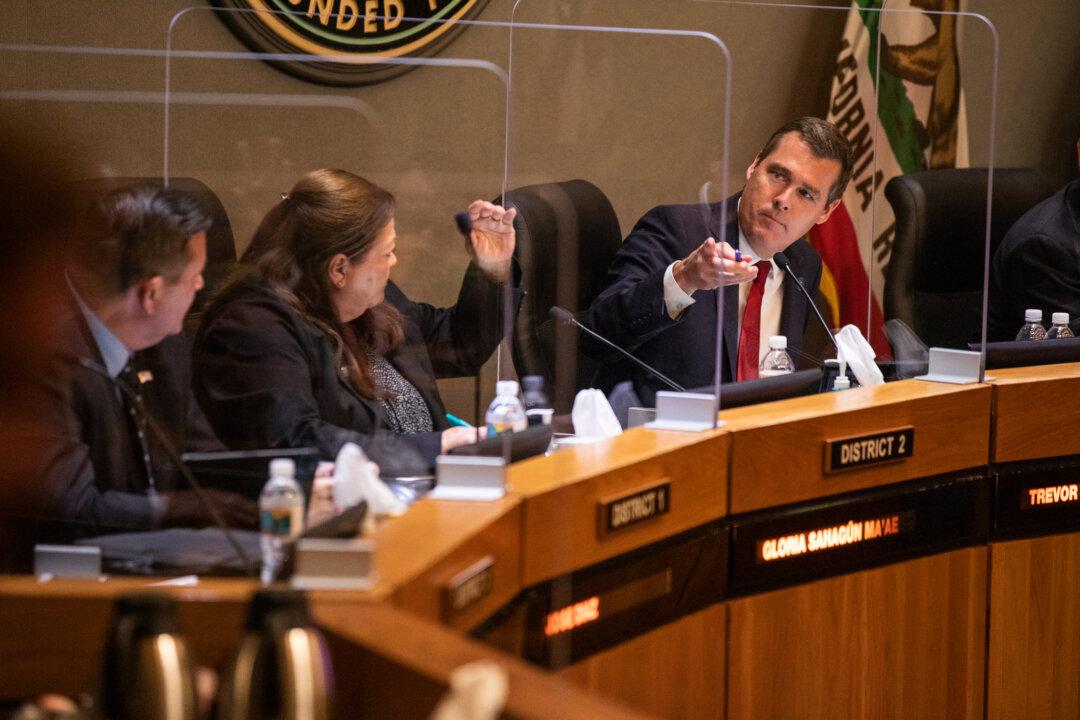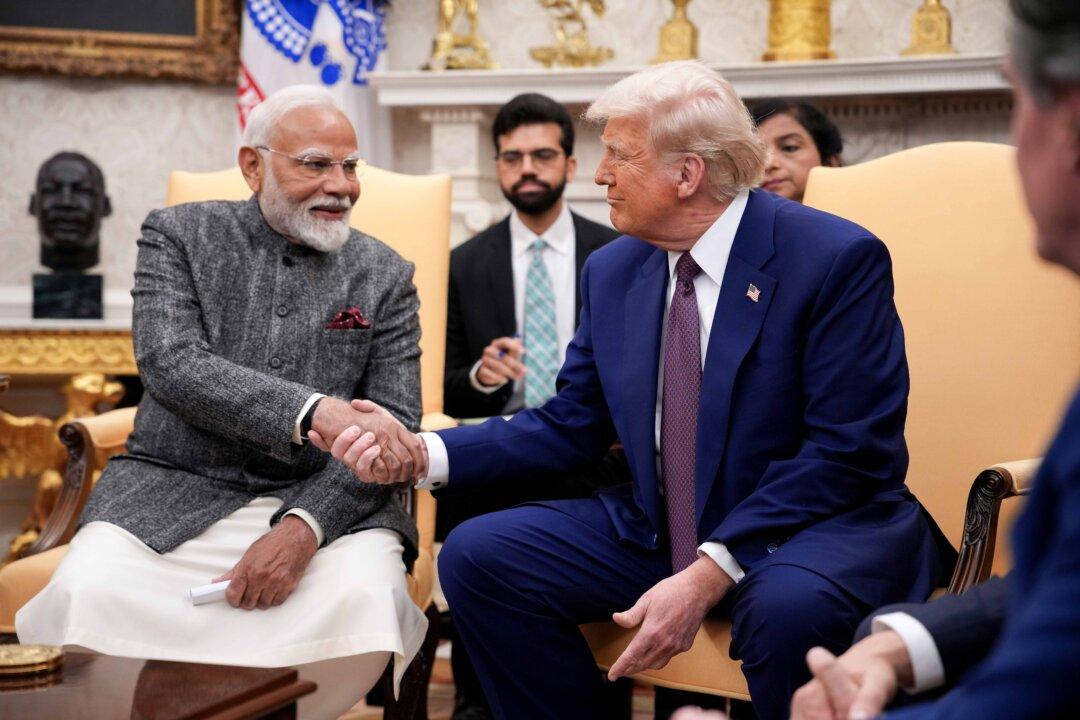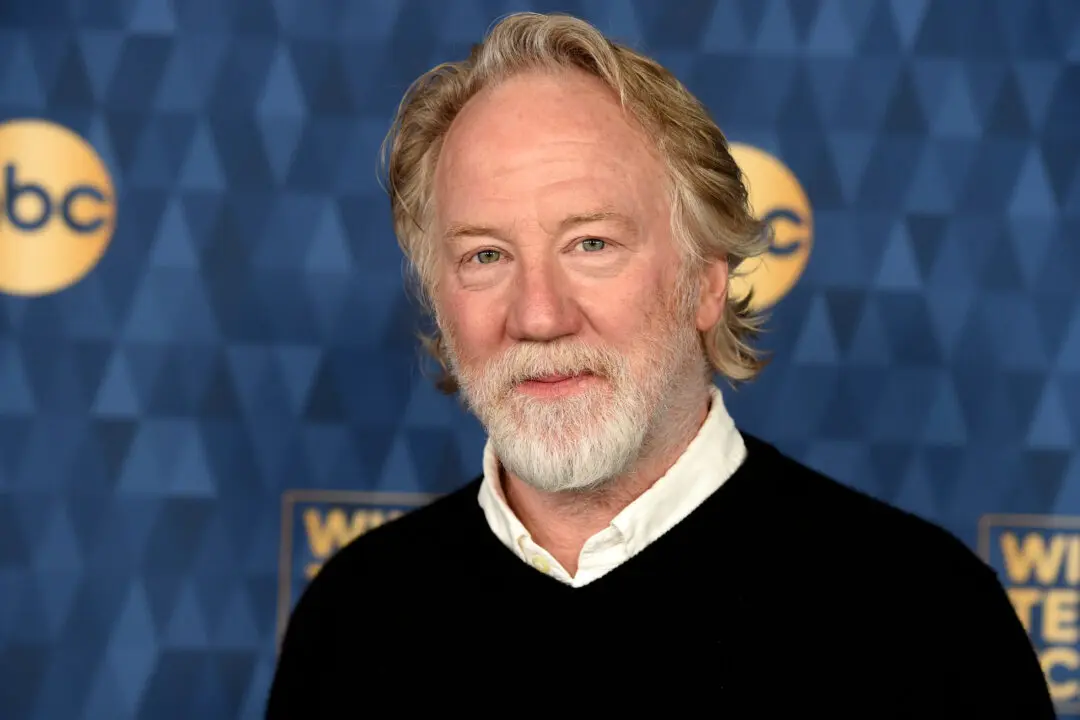Anaheim will continue operating without a mayor after the city council elected not to appoint a new one at its regular meeting June 22.
Two candidates—former Mayor Tom Tait and realtor Paul Kott—were nominated by city councilors but failed to get enough council votes to be appointed. Each only received one vote.





